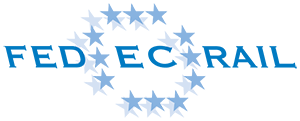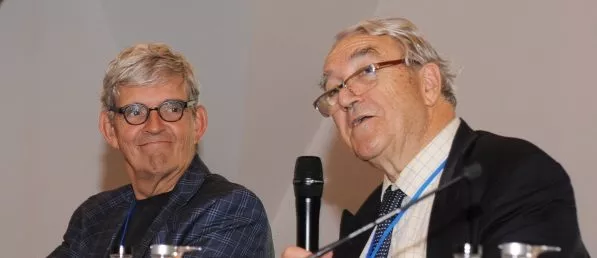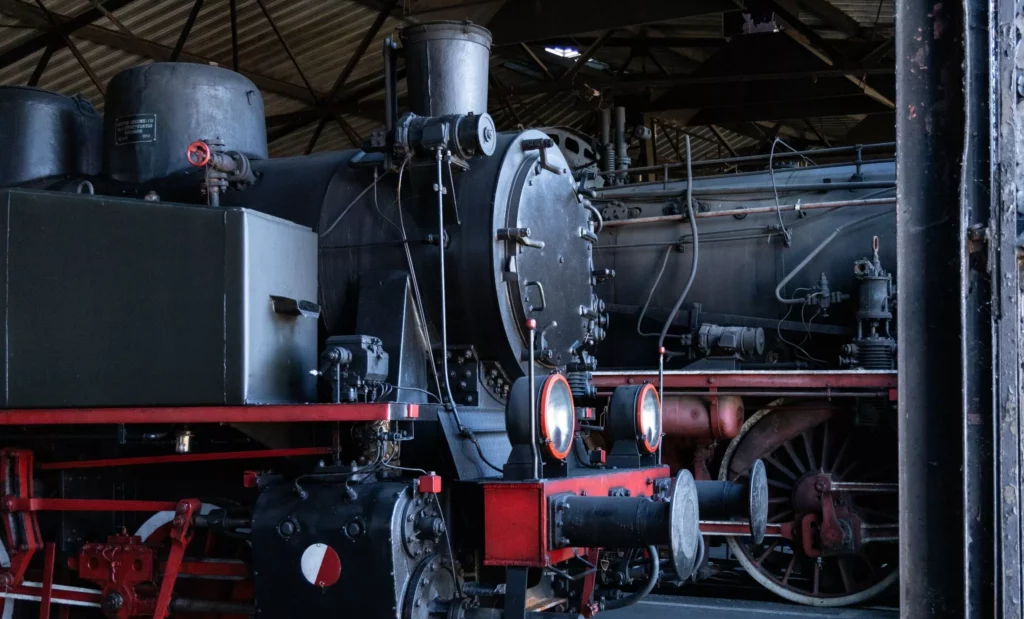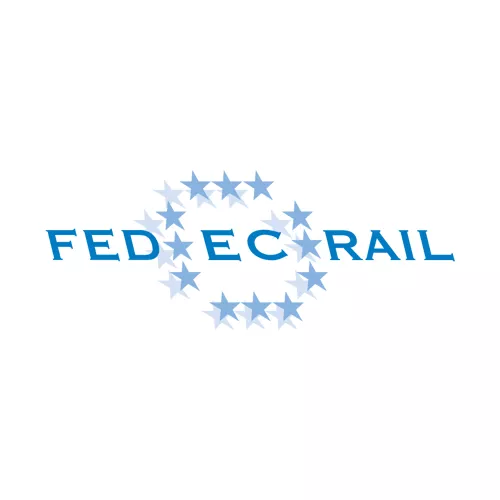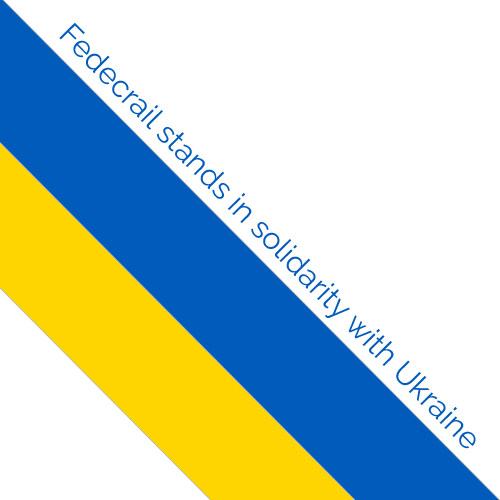In July 2017, for the first time in its 20-year history, FEDECRAIL has seen a change of president. Since the founding of the organisation in 1994, David Morgan (UK) has successfully headed up the European Federation of Museum and Tourist Railways. At the board meeting in Hoorn (Netherlands), Morgan, who is well respected and dedicates himself to many pro bono causes, has passed the role on to a younger holder: Jaap Nieweg (Netherlands), who was the managing director of the “Stoomtram Hoorn-Medemblik” before his retirement, has taken on the presidency.
Since his childhood, Jaap Nieweg has had a close connection with the railway. Having grown up around a typically Dutch regional tramway in Doetinchem, it was a disaster for 7-year old Nieweg when the tram was discontinued in 1957 and the vehicles were scrapped. Even as a 4-year old, Nieweg wanted to be a steam engine driver – an aspiration which he swiftly made a reality. Since 1976 he is the owner of a steam train driving licence.
Nieweg’s studies of History and his subsequent teacher training in the subjects of History and Social Studies took him north of Amsterdam and in the vicinity of the “Stoomtram Hoorn-Medemblik”. Here he started his career in the museum railway sector as a volunteer, but eventually progressed into a full-time managerial role. In 1981 he moved into a management career in the communication and tourism industry, became deputy manager of Europe’s largest maritime zoo, taught at the International Institute of Hotel Management and Tourism in The Hague, and eventually founded his own consulting firm whose clients included the Ministry for
In 1993, Jaap Nieweg returned to the “Stoomtram Hoorn-Medemblik” and, as its managing director, led it through difficult times back to success. One year later, he founded the Dutch umbrella organisation of museum and tourist railways “Historisch RailvervoerNederland” (HRN), and in 2000 established the “Mobile Collektion der Niederlande” (MCN), an association of all transport organisations with historic traffic which has the aim of increasing the political influence of its members.

Nieweg has been campaigning for the causes of museums and of Fedecrail for years and in a number of capacities. In addition, he is committed to create more links between mobile and immobile items of cultural heritage in order to boost their weight on a local, regional and international level.
David Morgan first had the idea of a European umbrella organisation for museum and tourist railways on the occasion of the 150-year anniversary of the “NederlandsSpoorwegen” in 1989. The so-called “Morgan Commission” prepared the founding of FEDECRAIL. Since then, the federation has continuously increased its membership and influence. Its growing importance was indicated when FEDECRAIL was recognised by the European Union Agency for Rail (ERA) and the “Union Internationale des Chemins de Fer” (UIC – International Railway Association).

David Morgan’s immense interest in and overwhelming commitment to the preservation of mobile cultural heritage is not only apparent in his founding of FEDECRAIL and the worldwide association WATTRAIN in 2010, but also in the various board memberships he has held or still holds in the historic tourist railway as well as the historic sea transport sector. Alongside FEDECRAIL, organisations include WATTRAIN, HRA (Heritage Railway Association), Great Central Railway, West Somerset Railway, North Norfolk Railway, the Maritime Heritage Trust, Heritage Afloat, the Cutty Sark Trust and Transport Trust as well as his membership of the Europa Nostra Industrial and Engineering Heritage Committee.
The origin of his involvement with the boards of railway organisations was to give legal advice – no surprise given his profession as a lawyer. While he retired from this career in 2013, he has maintained his personal commitment to cultural heritage. Until the next general assembly in the spring of 2018, David Morgan will remain a member of the FEDECRAIL board.
